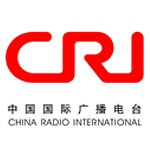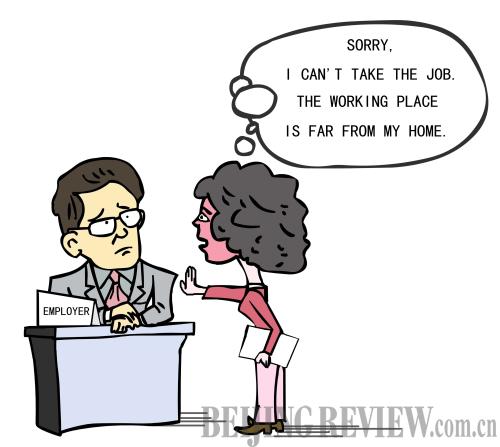
By ROBERT PARKINSON
Every Chinese is proud of their country’s 5,000 years of cultural history. However, if people from the Western world were to interpret this culture in the wrong way, it would be quite difficult to communicate. Bearing in mind the cultural differences, many expats will have encountered conversational awkwardness with Chinese employees or colleagues. So, I begin my discussion with the Chinese style of “Han Xuan,” small talk.
To start with, let’s imagine the following scenario: You come out of your apartment and meet an old lady from the neighborhood who asks you “Ni chi le ma?” (Have you eaten?). Expats are normally confused as to why Chinese people always ask them whether they have eaten – anytime or anywhere. There is similar confusion about small talk when expats try to build up a relationship with Chinese people. To help expats understand Chinese colleagues better, I would like to give a few practical tips about starting and following up small talk.
Let’s begin with some daily small talk topics. A very popular topic among the Chinese is food. Many of my Chinese colleagues like talking with me about Chinese cuisine. Don’t ever take the question “Ni chi le ma?” at face value – it is a way of saying “hi” and beginning a conversation. If you simply answer “yes” or “no” and end the conversation, you will probably end up an “outsider” among Chinese in any situation. It is always nice to talk about a new restaurant or delicious dishes you have recently tried. At the very least, you could ask for recommendations of restaurants nearby. This will start an enthusiastic conversation. Maybe you can invite a beautiful girl/cool guy to join you for lunch tomorrow!
Ninety-nine percent of well-educated Chinese know that the weather is common small talk among the British. However, I think less than five percent of British people know that the Chinese also like starting a conversation this way. I have seen Chinese people in the elevator greeting each other and then commenting on how cold, hot or smoggy it is. To get involved in or start this kind of small talk is not difficult for expats.
Each week, there are two popular topics: weekend activities and weekend plans. I guess it’s not difficult to judge which one is for Monday and which for Friday. If you meet a colleague in the elevator on Monday morning and have to go all the way up to the 35th floor, this topic might just help you get out of an awkward silence. You should also be aware that Chinese weekends are never full of parties and drinks, so don’t try to show how different or special you are in front of your Chinese friends. This could widen the relationship-building gap.
Another frequent topic is festivals and holidays. Many Chinese take annual leave before or after Chinese festivals to travel. So, if you are on the way to a meeting with a Chinese client, a casual chat about holiday plans is probably a good introduction. It is the same as Western businessmen who always meet for a coffee before a formal meeting.
Above are the basic small talk topics for those who are relatively new to China. For those who have spent over a year in the country, and want to take your relationship with China to the next level, it will be no surprise to discover that small talk can help with this. However, to get to know your Chinese colleagues even better, you need to download several social media apps – and quick!
During the lunch break at my company, I often see employees scrolling away on their touch-screen smartphones. I quickly found out that without Chinese social media, one hardly knows what is going on in the social world. My employees helped me to set up Weibo and WeChat on my phone. These are similar to Facebook and WhatsApp. By “catching up” with Chinese colleagues on social media, you can easily find out if they are married with children, dating, or where they go at weekends. That’s probably the best way to know what is going on among your Chinese colleagues. Then, you can start a specific topic when you engage with them in small talk. For example, you might ask, “How was the beef you tried at the weekend?” taking the more conventional enquiry a step further. Taking a deeper interest in your colleagues’ lives will speed up the development of your relationship.
Small talk plays a vital role in opening up personal and business relationships. While it is impossible to eliminate cultural differences between the West and China, expats should try their best simply to do in China as the Chinese do.
To read the original post






